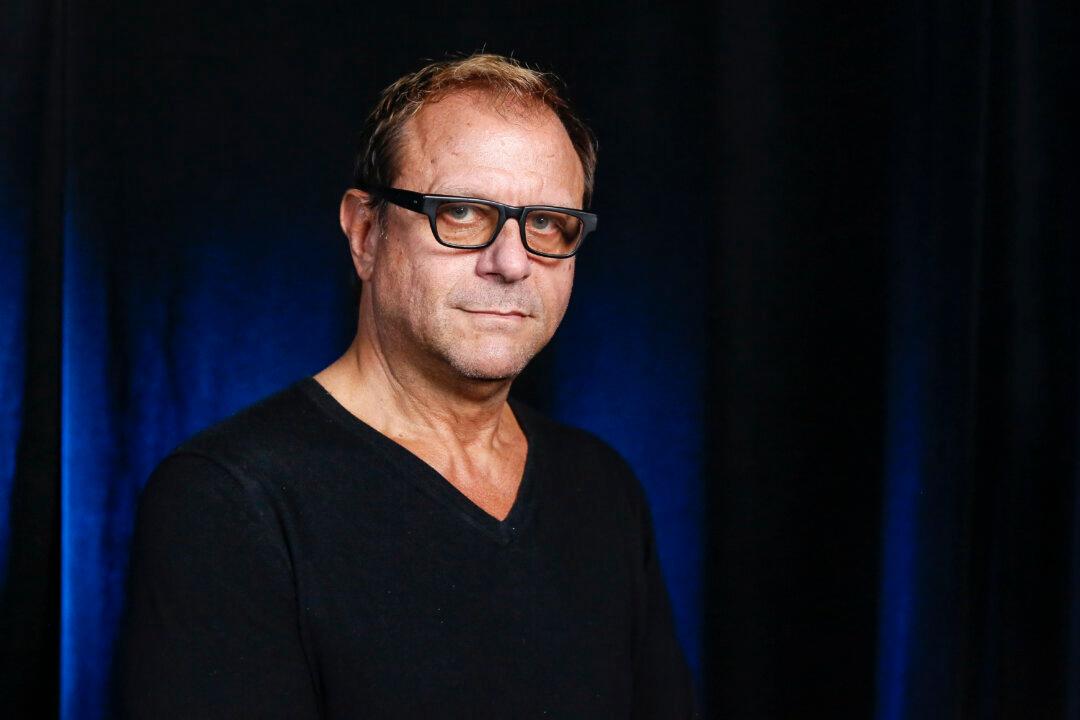A new online education platform, American Scholars, launches on Sept. 10, promising courses on history, economics, law, and other subjects, aimed at helping parents and students to inoculate themselves against the woke ideology currently spreading through schools.
In addition to courses, the platform offers a discussion forum that will aid parents and students to discuss educational issues as well as organize their activities.





